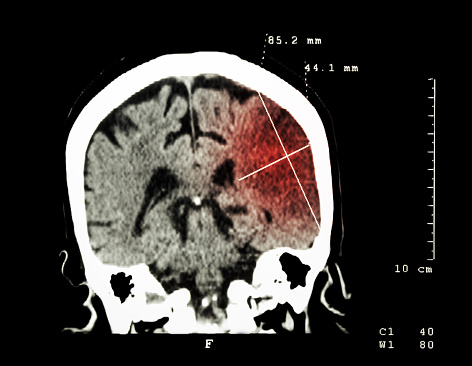Crohn’s disease vs. diverticulitis: Causes, symptoms, risk factors, and complications
Crohn’s disease and diverticulitis are conditions that affect the gastrointestinal system, and although they may present themselves similarly, they are two very unique conditions. Crohn’s disease is part of the group of conditions known as inflammatory bowel diseases (IBDs). Prior to the 20th century, before the rise of hygiene and urbanization, inflammatory bowel disease was ...click here to read more














